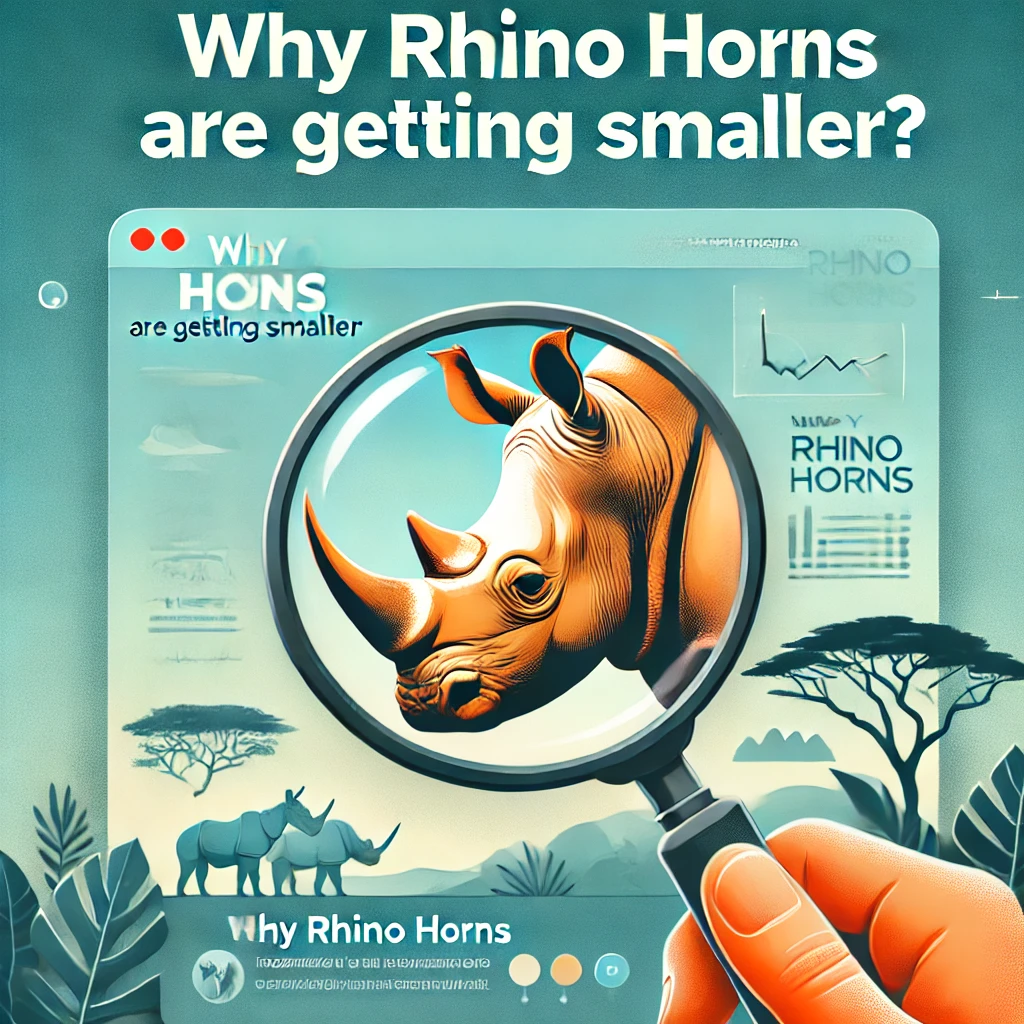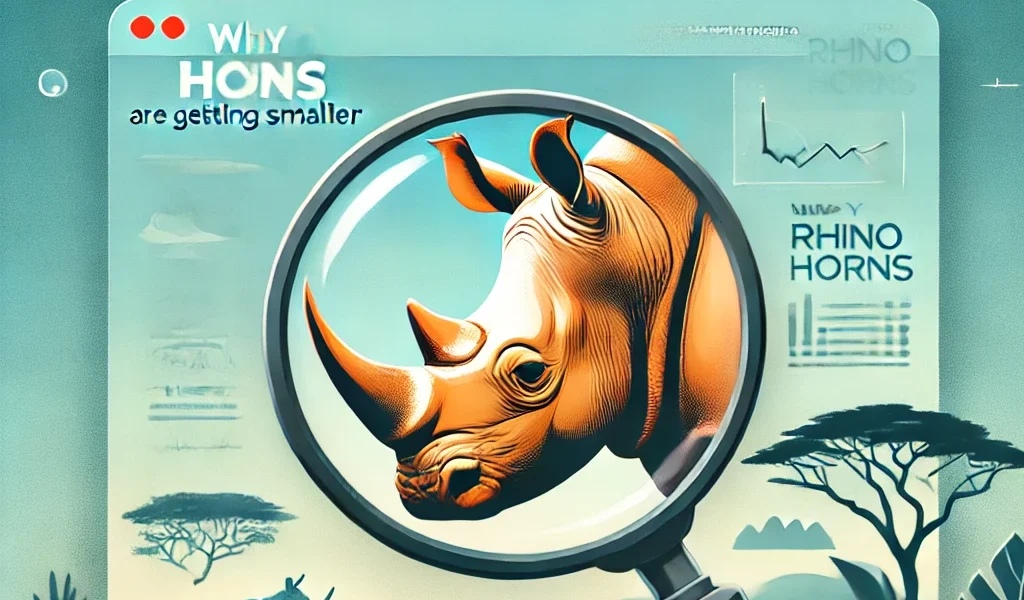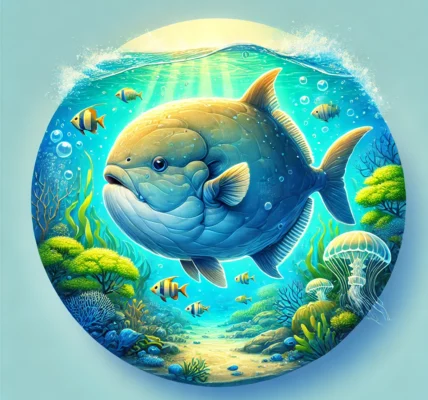Why Rhino Horns Are Getting Smaller: Uncovering the Causes Behind This Evolutionary Change”
Introduction
Rhinos are known for their iconic horns, but recent studies have revealed a surprising trend – their horns are getting smaller. This phenomenon is a direct result of human activity and hunting practices that have dramatically impacted rhino populations. In this article, we explore the reasons behind this evolutionary change and look at similar cases in other animal species.

📉 Why Are Rhino Horns Shrinking?
The Role of Poaching
- Targeting Large-Horned Rhinos: For decades, rhinos with larger horns have been hunted for their valuable horns, which are used in traditional medicine and as a status symbol. As a result, rhinos with smaller horns were more likely to survive and reproduce, passing on their smaller horn genes to the next generation.
- Scientific Study: Researchers from a Finnish university compared rhino horn sizes from the 1800s to the 2000s and found that rhino horns have significantly decreased in size over the past century.
The impact of poaching has not only reduced rhino populations but also influenced their evolution, leading to smaller horn sizes in today’s rhinos.
🧬 Evolution in Action: Natural Selection at Work
- Survival of the Small-Horned Rhinos: As large-horned rhinos were hunted and removed from the gene pool, rhinos with smaller horns had a higher chance of surviving and reproducing. Over time, this has led to a noticeable decrease in horn size among the surviving population.
- Passing on the Genes: These smaller-horned rhinos have passed on their traits to their offspring, resulting in a gradual reduction in horn size across generations. This is a clear example of natural selection in response to human activities.
🐘 Similar Evolutionary Changes in Other Animals
Elephants Born Without Tusks
- Tuskless Elephants: In Africa, elephants have also undergone a similar evolutionary change. Due to extensive poaching for ivory, elephants with smaller or no tusks have a higher survival rate. This has led to a significant increase in the number of tuskless elephants.
- Higher Survival Rates: Research shows that tuskless elephants have a five times greater chance of surviving compared to their tusked counterparts. This adaptation is a direct response to the intense poaching pressure they face.
The Decline in Size of Pirarucu Fish
- Pirarucu Size Reduction: The pirarucu, known as the largest freshwater fish, used to grow over 4 meters long. However, due to overfishing, larger individuals have been caught and removed from the population, resulting in smaller fish remaining. Today, the average pirarucu grows to only around 2 meters in length.
These examples highlight how human activities can lead to significant evolutionary changes in various animal species over time.
🌿 The Implications of These Changes
- Impact on Ecosystems: The shrinking of horns and tusks, as well as the reduction in size of other animals, can have broader implications for ecosystems. Rhinos, elephants, and fish play essential roles in their environments, and changes in their physical characteristics can alter their interactions with other species.
- Conservation Efforts: Understanding these evolutionary changes is crucial for conservation efforts. It emphasizes the need to address poaching and hunting practices to protect endangered species and prevent further alterations in their genetic makeup.
Conclusion
The shrinking size of rhino horns serves as a stark reminder of the impact humans have on wildlife and evolution. By targeting animals with specific traits, we are inadvertently shaping their future generations. This trend is not limited to rhinos but extends to other species, such as elephants and pirarucu fish. As we continue to learn from these changes, it becomes increasingly clear that urgent conservation efforts are needed to protect endangered species and preserve the delicate balance of our ecosystems.











